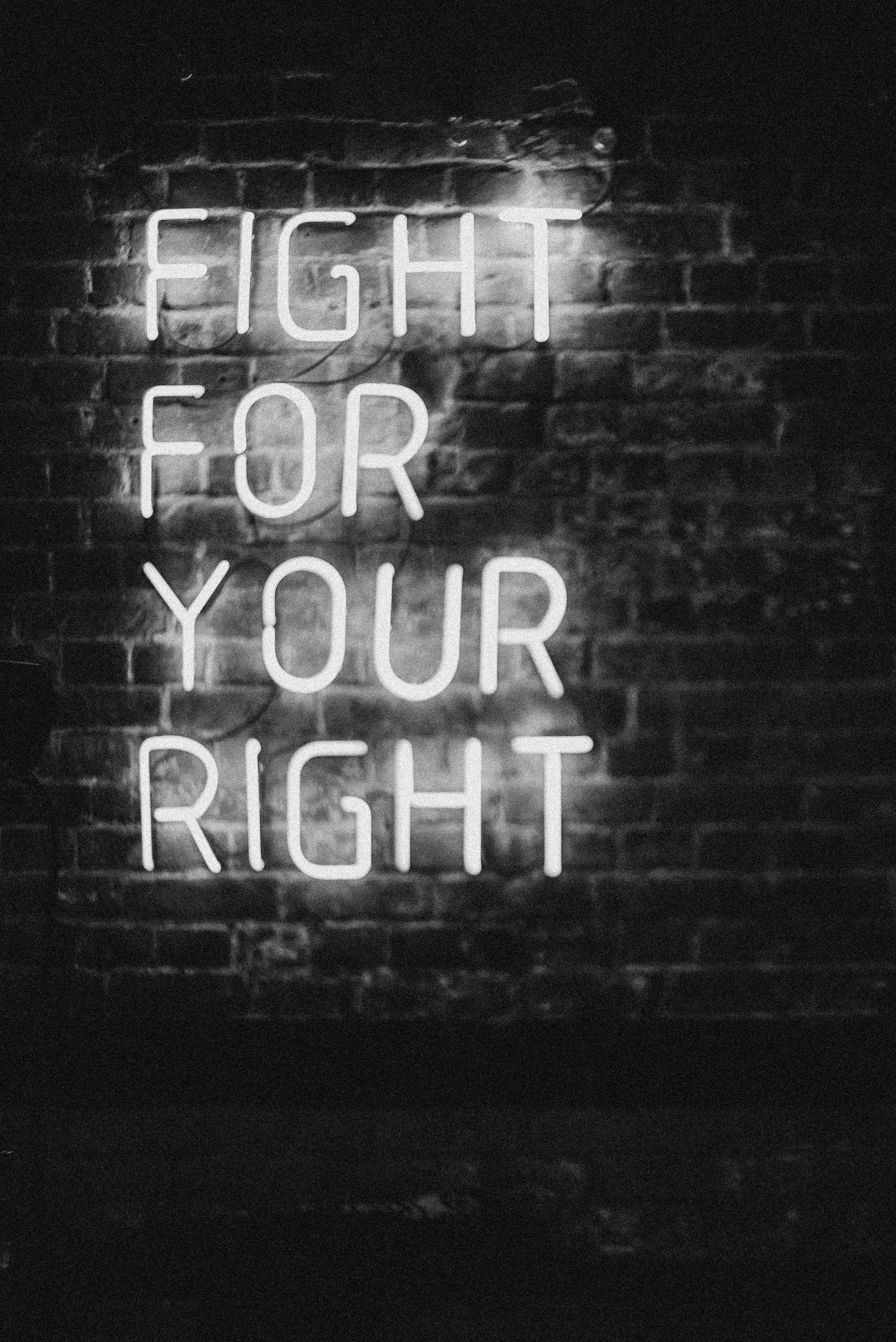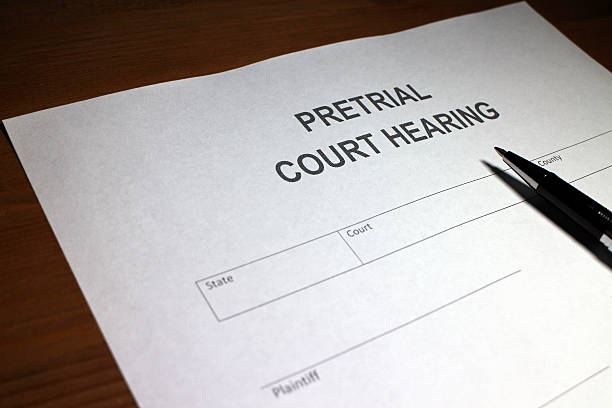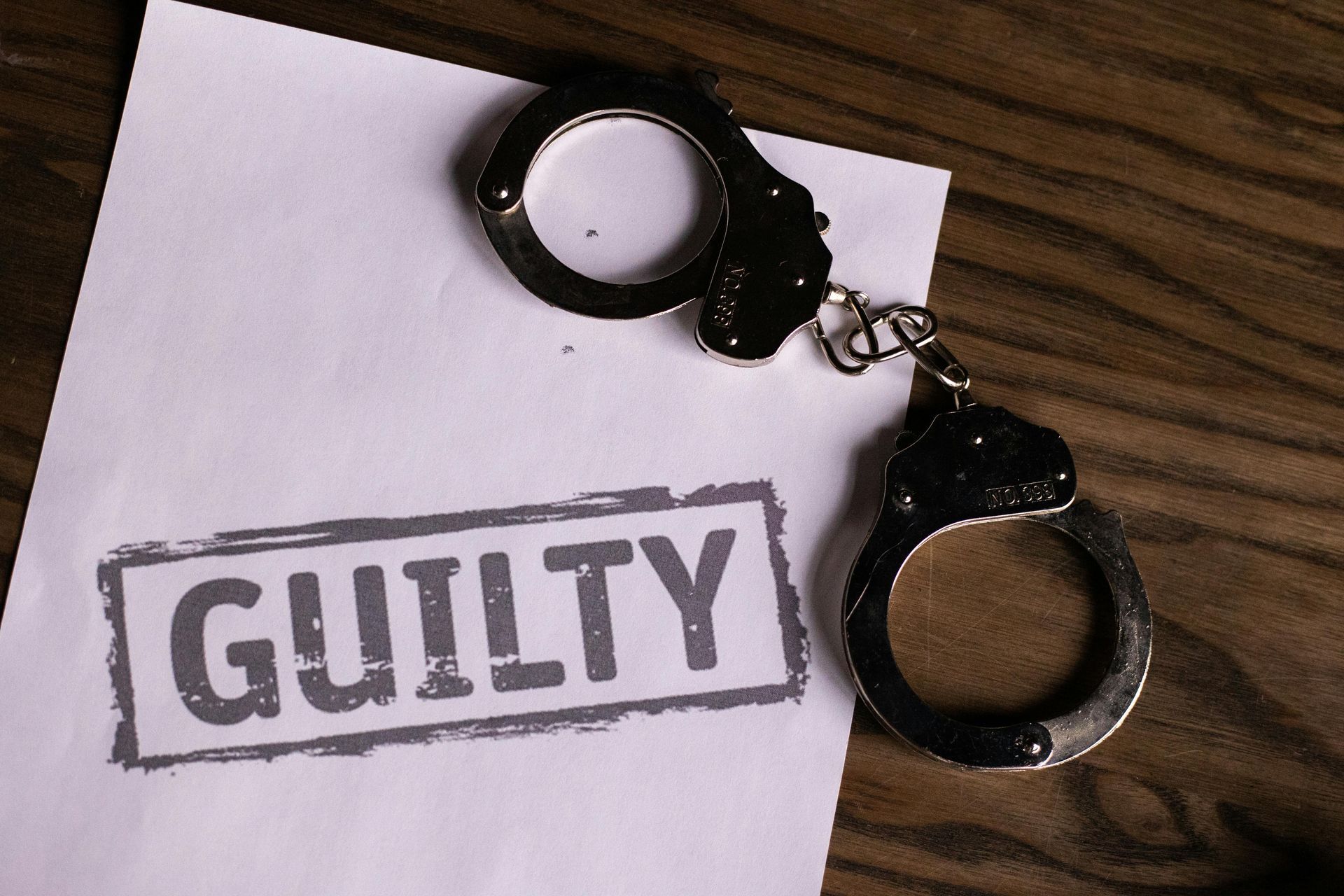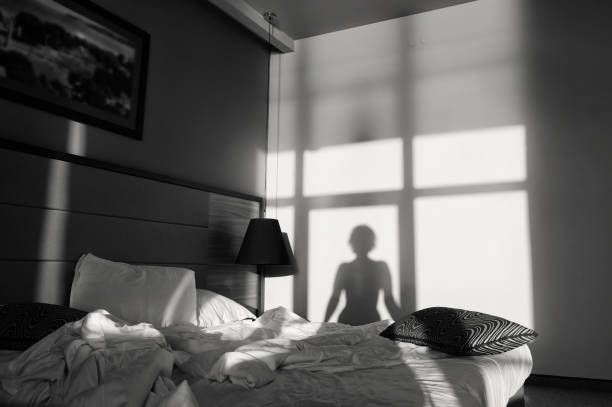Is Abortion Legal in Indiana? Everything You Need to Know
Is Abortion Legal in Indiana? Key Facts & Information
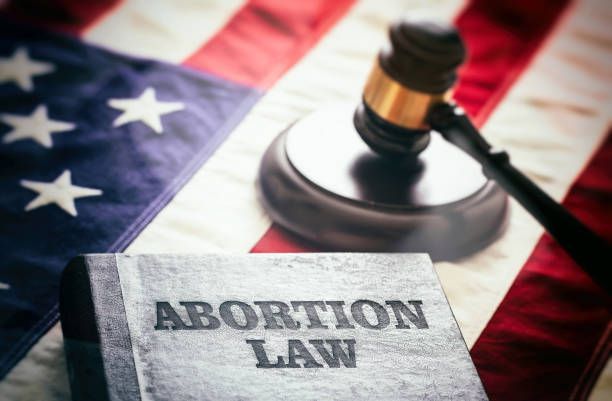
Key Highlights
- As of 2024, abortion is generally illegal in Indiana.
- It is legal only in cases of fatal fetal abnormalities or to preserve the life and physical health of the pregnant woman.
- Abortion is also legal in cases of rape or incest but only up to 10 weeks of pregnancy.
- Previously, abortion in Indiana was legal up to 20 weeks of pregnancy.
- The near-total ban that's currently in effect was challenged in court but was upheld by the Indiana Supreme Court.
Introduction
Navigating Indiana law about reproductive rights, especially legal abortion, has become more complicated. This blog post looks at the current legal status of abortion in Indiana. We want to clear up this sensitive issue. We will look at recent laws, the history behind them, and what they mean for women seeking abortion care in Indiana.
Understanding Abortion Laws in Indiana
Indiana's view on abortion has changed a lot in recent years. The state has moved from a more open view to having some of the strictest abortion laws in the United States. It's important for healthcare providers, policymakers, and especially women in Indiana to understand these laws, court decisions, and their effects.
This blog post will help you grasp the details of abortion laws in Indiana. It will answer common questions and look at the ongoing debate about this hot topic.
Overview of Current Legislation
In 2022, the United States Supreme Court made a big decision in the Dobbs v. Jackson Women's Health Organization case. This decision overturned Roe v. Wade. Roe was the landmark case that made abortion legal in the United States. Following the Dobbs ruling, Indiana quickly passed Senate Bill 1 (SB1). This new law put in place a near-total abortion ban in the state. It only allowed exceptions in cases of fatal fetal problems, when the mother's life was in danger, or limited cases of rape or incest up to 10 weeks of pregnancy.
The new law faced legal challenges from those who support abortion rights. A lower court temporarily stopped the law from being enforced. But in June 2023, the Indiana Supreme Court changed this by lifting the hold, allowing the near-total abortion ban to go into effect.
This ruling made Indiana one of 15 states with such strict abortion bans. It marked a big change from the previous rule, which allowed abortions up to 20 weeks of pregnancy. This move has a significant impact. It affects not just people in Indiana but also those in nearby states who depend on Indiana for legal abortion services.
Is Abortion Legal in Indiana?
Under Indiana Code 16-34-2-1, Abortion shall in all instances be a criminal act, except when performed under the following circumstances:
(1) Except as prohibited in IC 16-34-4, before the earlier of viability of the fetus or twenty (20) weeks of postfertilization age of the fetus, if:
(A) for reasons based upon the professional, medical judgment of the pregnant woman's physician, if either:
(i) the abortion is necessary when reasonable medical judgment dictates that performing the abortion is necessary to prevent any serious health risk to the pregnant woman or to save the pregnant woman's life; or
(ii) the fetus is diagnosed with a lethal fetal anomaly;
(B) the abortion is performed by the physician in a hospital licensed under IC 16-21 or an ambulatory outpatient surgical center (as defined in IC 16-18-2-14) that has a majority ownership by a hospital licensed under IC 16-21;
(C) the woman submitting to the abortion has filed her consent with her physician. However, if in the judgment of the physician the abortion is necessary to preserve the life of the woman, her consent is not required;
(D) the woman submitting to the abortion has filed with her physician the written consent of her parent or legal guardian if required under section 4 of this chapter; and
(E) before the abortion, the attending physician shall certify in writing to the hospital or ambulatory outpatient surgical center in which the abortion is to be performed, that:
(i) in the attending physician's reasonable medical judgment, performing the abortion is necessary to prevent any serious health risk to the pregnant woman or to save the pregnant woman's life; or
(ii) the fetus has been diagnosed with a lethal fetal anomaly.
All facts and reasons supporting the certification shall be set forth by the physician in writing and attached to the certificate.
Hoosiers Historical Shifts in Abortion Law
To understand the current laws about abortion in Indiana, we need to look at its history. For many years, Planned Parenthood and other groups for reproductive healthcare dealt with changing Indiana state law.
The Hoosier state views on abortion have gone through changes, showing the larger national discussion on this issue. In the late 1960s, Indiana law allowed a little more freedom with abortion. This was part of a wider trend to protect the life of the pregnant woman when the situation required it. However, this changed again in later years.
In the 2000s, new laws were passed that limited access to abortion. One major law banned abortions after 22 weeks, based on the debate over fetal pain. These restrictions kept growing, leading to a current near-total ban. This shows how Indiana has moved towards making abortion access much stricter.
Key Legal Milestones and Court Decisions
The history of abortion laws in Indiana is closely linked to important court rulings and legal conflicts. Each decision has influenced the state’s laws, making a complicated and changing environment for healthcare workers and people wanting reproductive healthcare.
Starting with the famous Roe v. Wade case, which first made abortion legal in the U.S., to the latest Indiana Supreme Court rulings that confirm the near-total abortion ban, knowing these key legal events is important. It helps us understand the current situation of abortion rights in Indiana.
Impact of Roe v. Wade Reversal
The reversal of Roe v. Wade is a major change, especially in states like Indiana. Stricter abortion laws could limit access to abortion. This could also lead to increased legal battles for abortion providers. Reproductive rights and abortion care are now uncertain as states deal with these changes. The situation for abortion rights in Indiana may face big challenges due to this reversal.
Recent Legal Challenges and Outcomes
Since the passing of SB1, Indiana has faced many legal challenges from groups like the ACLU of Indiana. They want to block or overturn the state’s near-total abortion ban. These challenges claim that the law goes against the protections in the state constitution.
One major lawsuit came from religious groups. They argued that Indiana’s abortion ban limits their religious freedom by stopping them from getting abortion care that fits their beliefs. A lower court issued a preliminary injunction, which temporarily stopped the ban for these groups. However, the case is still ongoing, and we do not know how it will end.
Even with these challenges, the Indiana Supreme Court has kept the near-total abortion ban in place. They have dismissed arguments about religious freedom and privacy rights. This series of court rulings is a win for anti-abortion advocates in Indiana, making the state have some of the most strict abortion laws in the country.
Practical Implications of Abortion Laws
The strict abortion laws in Indiana have real effects that go beyond legal debates. These laws impact the lives of women and healthcare providers in the state, making it harder to access important reproductive healthcare services.
Now, we will look at these effects. We will examine how these laws affect the number of abortion clinics, the legal limits placed on women who want abortion care, and the overall ease of getting reproductive healthcare in Indiana. Indiana's regulation of abortion providers is some of the strictest in the country.
Access to Abortion Clinics in Indiana
The near-total abortion ban in Indiana has made it really hard for women to get abortions. Most abortion providers cannot offer these services, creating big problems for women, especially those living in rural areas with little access to healthcare.
Planned Parenthood of Indiana used to be a trusted place for reproductive healthcare, but these legal changes hurt them. Although they still provide other important health services, the ban severely limits their ability to offer abortions. This puts extra pressure on the few abortion clinics left in Indiana. As a result, women face longer wait times, higher costs, and delays in getting the care they need.
With the closing of many abortion clinics after SB1 was enacted, getting safe and legal abortion services has become even harder. This is especially true for women with little money or means of transportation. This situation highlights the urgent need for better access to complete reproductive healthcare services in Indiana. Therefore, pregnant poor people suffer, while pregnant people who are wealthy can travel to safe spaces to obtain abortions.
Legal Restrictions and Their Effects on Women
The strict laws about abortion in Indiana greatly affect women’s lives and their healthcare choices. The near-total abortion ban requires women to continue with unwanted pregnancies. This can harm their physical and mental health, cause financial stress, and disrupt their life plans. It appears that many Indiana lawmakers either refuse to consider the effects on women or do not understand.
The few exceptions in the law, like cases of rape or incest, only apply within the first 10 weeks of pregnancy. This rule does not consider the difficult situations of sexual assault, including when a woman might not report it right away. It puts extra stress on survivors who are trying to get abortion care.
Also, just because legal abortion is not available does not mean women stop wanting these services. They may feel forced to find unsafe and dangerous options instead. This creates a serious health issue, especially for marginalized groups who already struggle to access healthcare.
Community and Societal Responses
In Indiana, the argument about abortion goes beyond courts and politics. It shapes communities and triggers different reactions from society. People have strong opinions, which come from a mix of morals, beliefs, and personal standards. Knowing these views is important to have real conversations about abortion rights.
There are many efforts from local groups and activists who support or oppose abortion rights in Indiana. Looking at these community responses helps us see how abortion laws affect people's lives and the overall society in Indiana.
Public Opinion on Abortion in Indiana
Public opinion on abortion in Indiana shows the divided views found across the United States. Although many national polls show that most people support legal abortion access, opinions can be very different in each state.
In Indiana, which has strong conservative values and religious beliefs that affect policy, the public is very split on abortion. Polls indicate that there are nearly as many people supporting abortion rights as there are opposing them. This division is clear with active pro-choice and anti-abortion groups in the state, representing personal and often conflicting opinions on this topic.
Even with the intense debate, it is important for policymakers and advocates to understand different public opinions. Acknowledging the variety of views within the community can help promote meaningful discussions. This understanding is also key to creating good policy solutions that meet the needs of all people in Indiana.
Advocacy and Opposition Groups' Activities
The debate about abortion rights in Indiana is ongoing. Advocacy groups, like Planned Parenthood and the ACLU of Indiana, are working hard to change the state's strict abortion laws. They use legal methods, raise public awareness, and support women seeking abortion care. Their goal is to make sure there is access to safe and legal abortion services, protect reproductive rights, and teach about sexual health.
On the other hand, anti-abortion groups, such as Right to Life and certain religious organizations, push for tougher abortion laws. They try to limit access to abortion services by lobbying, holding protests, and offering help to pregnant women with options like adoption and parenting support.
This back-and-forth between these groups creates a complex and changing situation for reproductive healthcare in Indiana. To understand how abortion laws affect women and families here, it's important to know what these groups want, how they work, and what they do.
Indiana Abortion Lawyer
The laws about abortion in Indiana are complicated and change often. New rules, past events, and important court rulings all impact the situation. It is important to know how these laws affect people. Access to abortion clinics, legal limits, and community views all help define the reproductive rights of individuals in Indiana. It's key to understand the local dynamics and available resources for women who want abortion services. If you want to learn more or need help with related topics, feel free to contact us, the Law Office of Mark Nicholson in Indianapolis for more information.
Frequently Asked Questions
What are the current legal conditions for abortion in Indiana?
Under Indiana law, abortion is not allowed except when there are serious fetal conditions, to protect the mother's life and health, and in cases of rape or incest up to 10 weeks of pregnancy. The state supreme court supported this strict abortion ban in 2023.
How do Indiana's laws compare with neighboring states?
Indiana law on abortion is very strict compared to surrounding states. Illinois and Michigan support abortion rights. Meanwhile, Kentucky and Ohio have almost complete bans, but there are still legal disputes happening.
Can minors seek abortion services in Indiana without parental consent?
Indiana law says that minors need permission from a parent to get abortion care. This rule can make it hard for young people to access reproductive health services. It is especially tough in situations where there is abuse or when family relationships are strained.
Are there any exceptions under Indiana's abortion laws?
In Indiana, the abortion ban does have some exceptions. Abortion is allowed to save the life of the pregnant woman. It is also allowed in cases of lethal fetal anomaly and in cases of rape or incest. However, this can only happen up to 10 weeks of pregnancy.
What resources are available for women seeking abortion in Indiana?
Even if abortion access is restricted, there are still resources you can use. Planned Parenthood of Indiana provides sexual health services. Also, groups like the National Abortion Federation offer information and support for anyone looking for abortion care.

